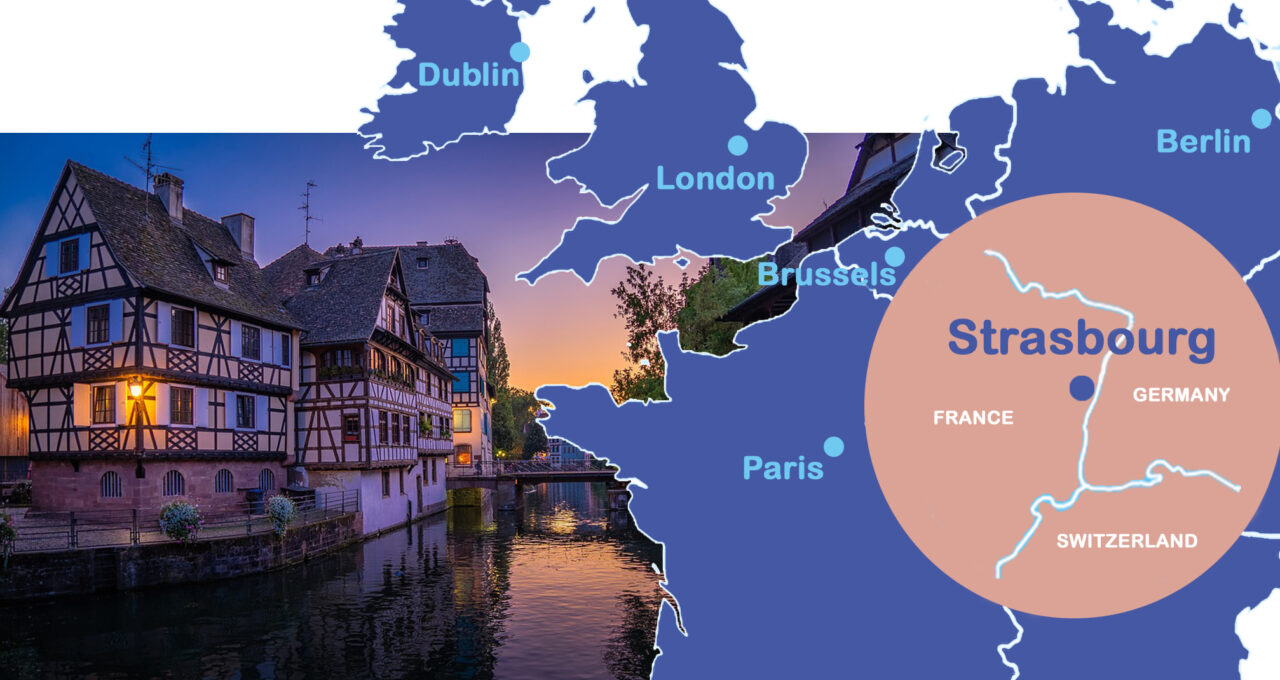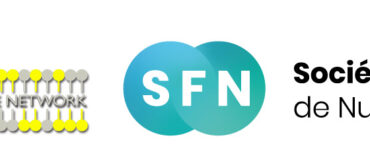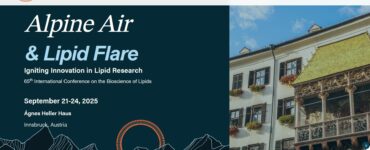
Cet espace est destiné à recevoir des offres émanant de laboratoires (emploi, post-doc, recherche de candidats pour thèse) comme des demandes émanant d’étudiants (recherche de laboratoires pour un recrutement, recherche de stages).
Ces offres et/ou demandes sont à envoyer à la secrétaire de l’association Cécile Gladine
Offre de thèse:
« Rôle des gouttelettes lipidiques dans la réplication et la virulence d’un Herpesvirus oncogène aviaire »
INRAE – Centre de Tours- Unité Infectiologie et Santé Publique (ISP)
Les candidats doivent être en Master 2 ou avoir obtenu leur diplôme de Master 2, présenter une forte motivation et une bonne formation en biologie moléculaire et cellulaire. Le dossier complet ((i) lettre de motivation d’une page maximum, (ii) CV et (iii) copie des relevés de notes de M1 et M2) doit être envoyé par mail à David Pasdeloup (david.pasdeloup@inrae.fr).
Des informations complémentaires sont disponibles à cette même adresse mail.Offre thèse LDs D Pasdeloup

Le Conseil Scientifique du GERLI, réuni le 17 juin 2025 à Paris, a le grand plaisir d’annoncer Les prix de thèse 2025. Le […]
Lire la suite
The 65th edition of the International Conference on the Bioscience of Lipids (ICBL) meeting will be held from September 21st to 24th, […]
Lire la suite
10th European Workshop on Lipid Mediators (https://workshop-lipid.eu/) July 1-3, 2026, Pasteur Institute, Paris organized by GREMI and supported by GERLI. This biennial workshop […]
Lire la suiteDevenez membre pour une cotisation annuelle de 25 à 50 € seulement et participez au développement de la Lipidomique au XXIème siècle !
S'inscrire